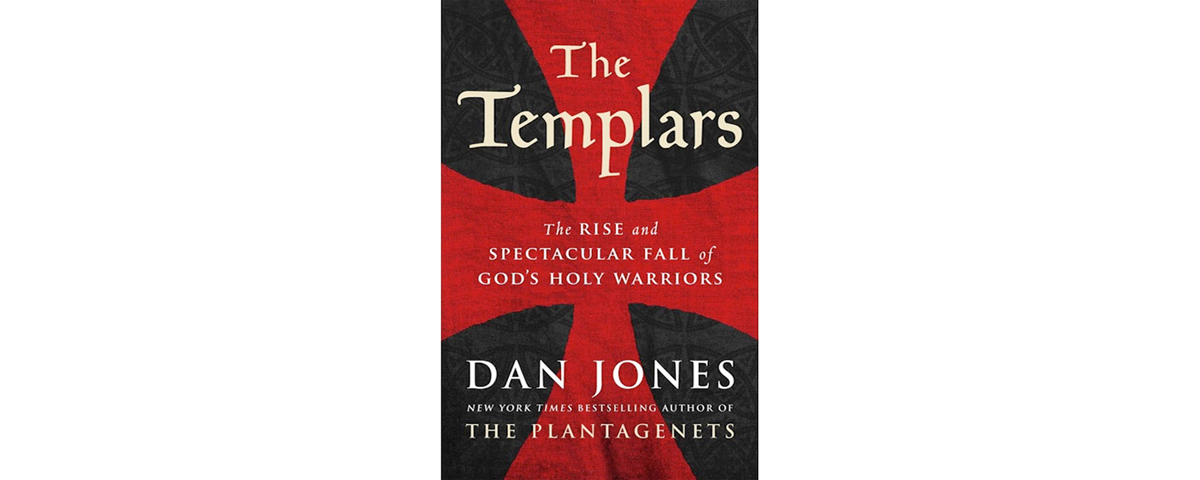The Templars: The Rise and Spectacular Fall of God’s Holy Warriors, by Dan Jones, Viking, New York, 2017, $19.99
Cambridge-educated Dan Jones is a journalist, television presenter and author. His latest book peers behind the veil of the Knights Templar, the medieval religious order fixed in popular culture as guardians of the Holy Grail and protectors of a supposed bloodline of Jesus Christ. Alternately, they are villains, notably in Sir Walter Scott’s 1820 novel Ivanhoe and Ridley Scott’s 2005 film Kingdom of Heaven.
In this grand narrative history Jones cuts through myth using documented resources, arguing the resonance of a rich organization, both admired and feared, operating against the backdrop of seemingly endless war in the Middle East. He discusses the order’s origins to defend Western pilgrims after the First Crusade from their base atop Jerusalem’s Temple Mount, from which they took their name. The order’s spiritual guide, Bernard of Clairvaux, helped write their rules, which center on obedience and poverty.
Jones reviews the Templar’s military status as defenders of the Crusader states, especially Jerusalem, against Saladin and the later Mamluks. The Templars found favor with such Crusader kings as Richard I and St. Louis of France, not to mention donors of all levels, which transformed the order into wealthy and innovative bankers. Unfortunately, as the Crusades faltered, Philip IV of France infamously struck down the order on Friday, Oct. 13, 1307, a spectacular end that propelled them into legend.
The Templars is written in entertaining prose ably supported by endnotes, an extensive bibliography, useful appendices and maps. It complements Stephen Howarth’s popular history The Knights Templar (1982) and Malcolm Barber’s comprehensive studies The Trial of the Templars (1978) and The New Knighthood: A History of the Order of the Temple (1994). A fitting epitaph for the Templars, cited by Jones and taken from their battle hymn, is Non nobis, Domine, sed nomini Tuo da gloriam (“Not to us, O Lord, but unto Thy name give glory”).
—William John Shepherd





